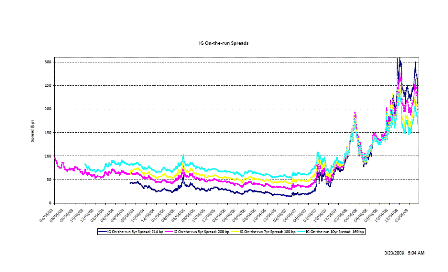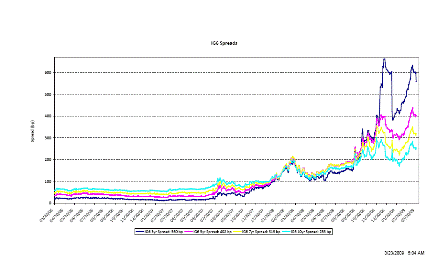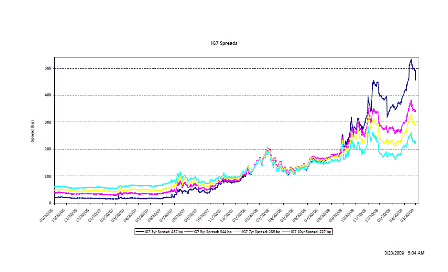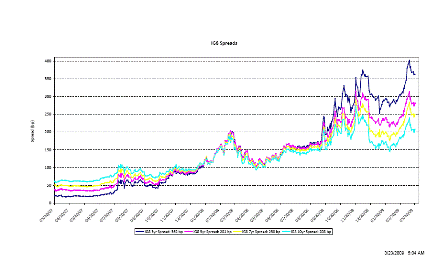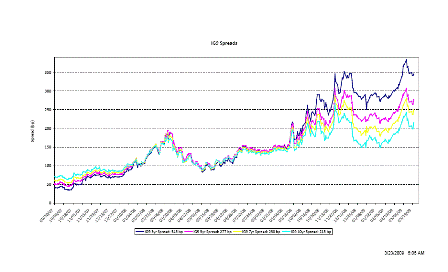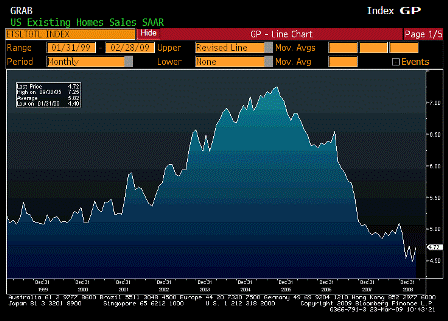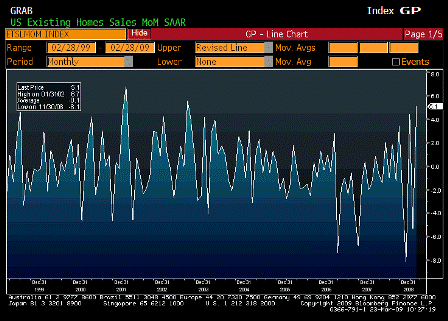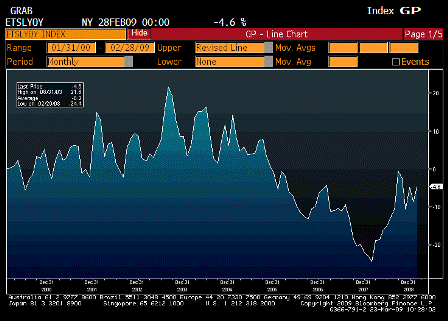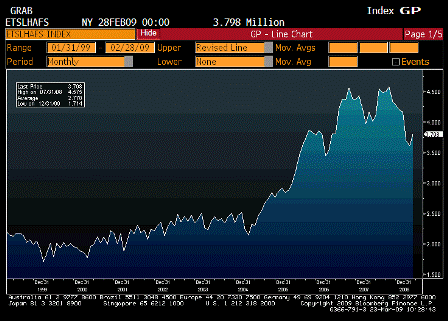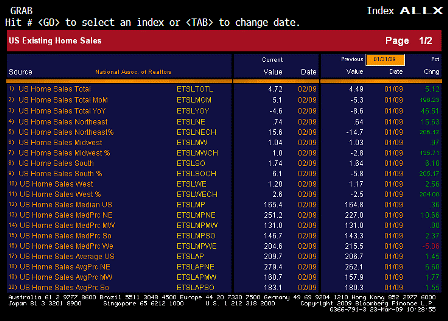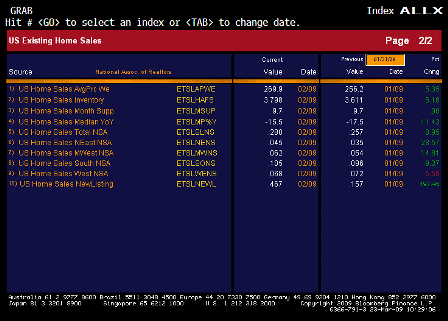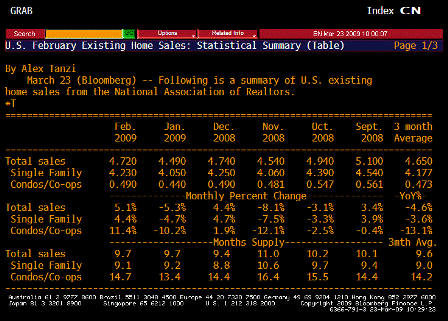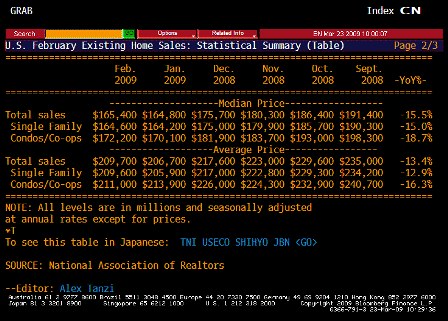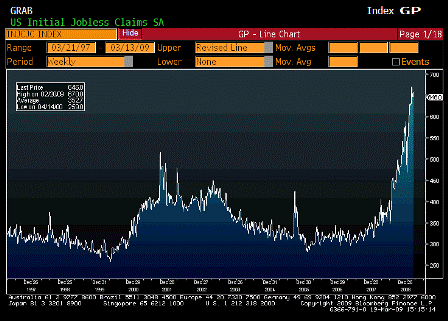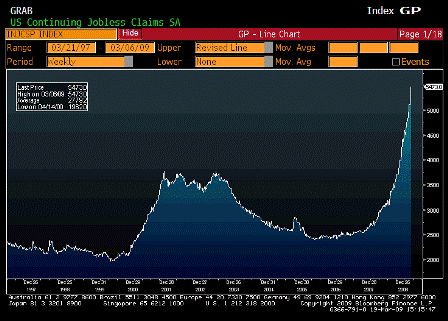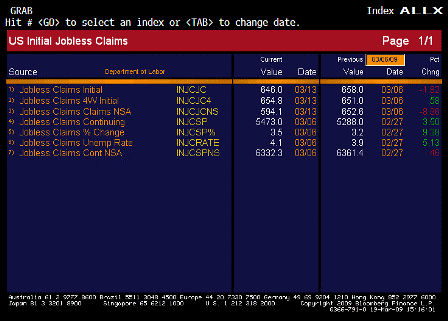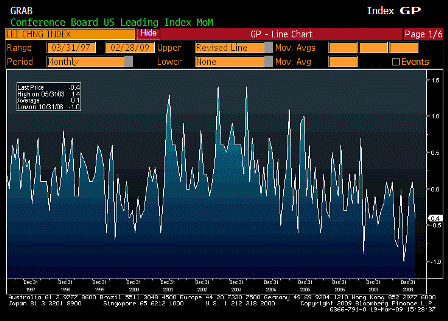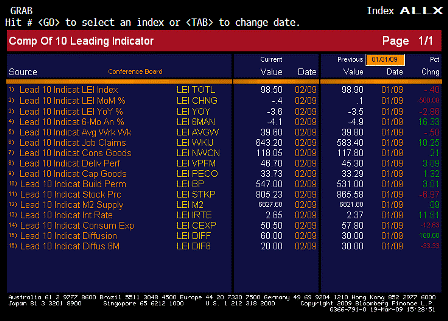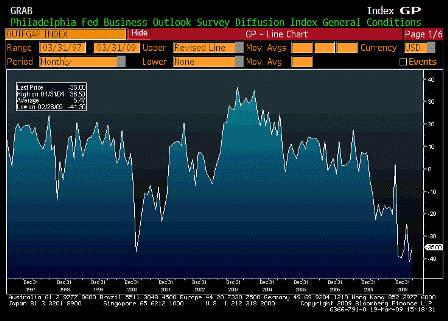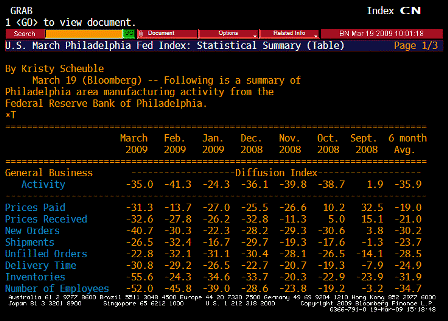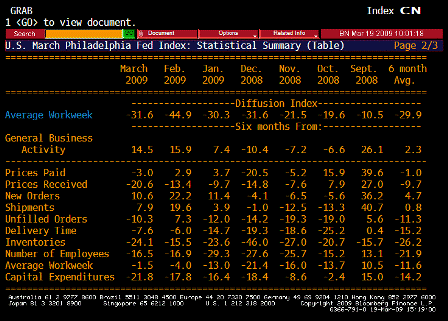Congressional testimony from Mr. Liddy, the AIG CEO:
Liddy testimony
Mar 18 (CNN) —
KANJORSKI: Thank you very much, Mr. Liddy.
I guess my first question is, you’ve just announced that some of your members or employees that received those bonuses after Saturday this week have agreed to return it. Why couldn’t that have been negotiated for the last two months? And why couldn’t that information have been made available to both this committee, to the secretary of the treasury, and to the chairman of the Federal Reserve?
These are the allegations that have made AIG subject to the wrath of the media, the administration, and the ‘American public’.
LIDDY: I think there’s two parts to that question, sir. Let me see if I can address them in turn.
We’ve been working on this issue of what to do with these retention payments. We’ve made the information publicly available in our various 10-K filings and 8-Ks and (INAUDIBLE). The decision we made — I made — was as much one of risk assessment as it was blindly following legal advice. The risk assessment was we’ve made great progress in winding down this business, but there is still $1.6 trillion of stuff in that portfolio.
There’s risk that that could blow up. And if it were to explode, it can cause irreparable damage to that progress that we’ve already made.
KANJORSKI: Necessitating, Mr. Liddy, a further investment of the American taxpayers in (INAUDIBLE) with equity if we were to keep you solvent.
LIDDY: Would you repeat that, sir?
KANJORSKI: The risk is if those assets deteriorate or blow up, you would either go into total destruction or have to come back to the United States government and this Congress for additional funds.
LIDDY: Yes. I think that’s exactly correct, sir.
So the judgment that we made, in cooperation with the Federal Reserve — we treat the Federal Reserve as our very important partners. The decision we made was that we could preserve that unit and continue to wind it down in a very orderly fashion and not expose the taxpayer and the company for the risks that, heretofore, they’ve been exposed to.
I know $165 million is a very large number. It’s a very large number. In the context of $1.6 trillion and the money that’s already been invested in us, we thought that was a good trade.
KANJORSKI:Am I to understand you’re saying that Chairman Bernanke or his designated person at the Federal Reserve was informed that you were going to make these payments and acquiesced in that decision?
LIDDY:Yes. Everything we do, we do in the partnership with the Federal Reserve. The Federal Reserve is at our board meetings, at our compensation committee meetings, at our various meetings on strategy. And they have the ability to weigh in either yea or nay on anything that we decide.
So why hasn’t all that venom been redirected to the Fed?
[top]

